Explore all movies appearances
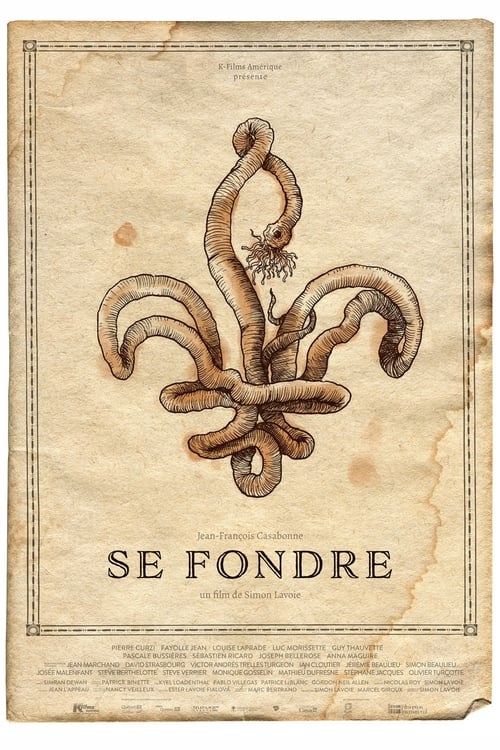
Elderly inmates are dying mysteriously one after another in their prison cells.
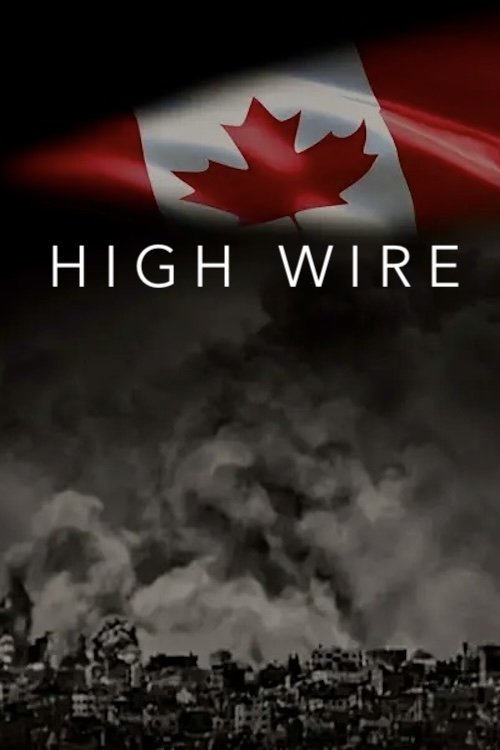
High Wire examines the reasons that Canada declined to take part in the 2003 US-led military mission in Iraq, shining a spotlight on the diplomatic tug of war that took place behind the scenes with our neighbours to the south, who have often adopted an interventionist foreign policy to serve their own economic and geopolitical interests. Canada’s historic refusal could have had disastrous consequences, but a number of key players and other analysts remind us of the terrible price we pay when diplomacy fails.
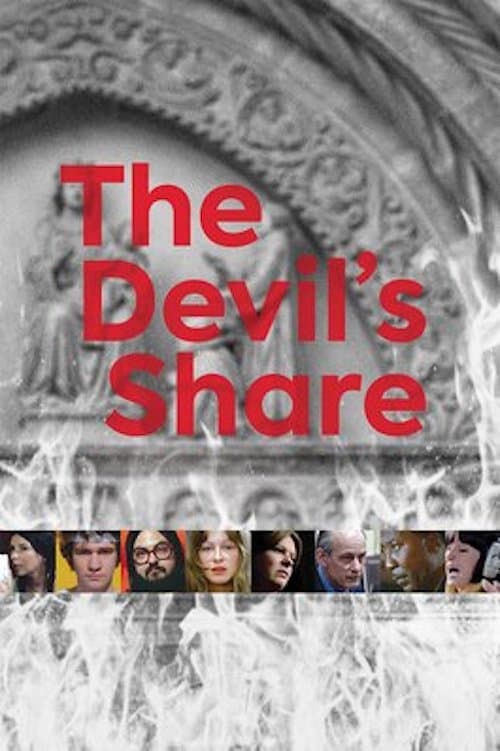
Quebec, on the cusp of the 1960s. The province is on the brink of momentous change. Deftly selecting clips from nearly 200 films from the National Film Board of Canada archives, director Luc Bourdon reinterprets the historical record, offering us a new and distinctive perspective on the Quiet Revolution.
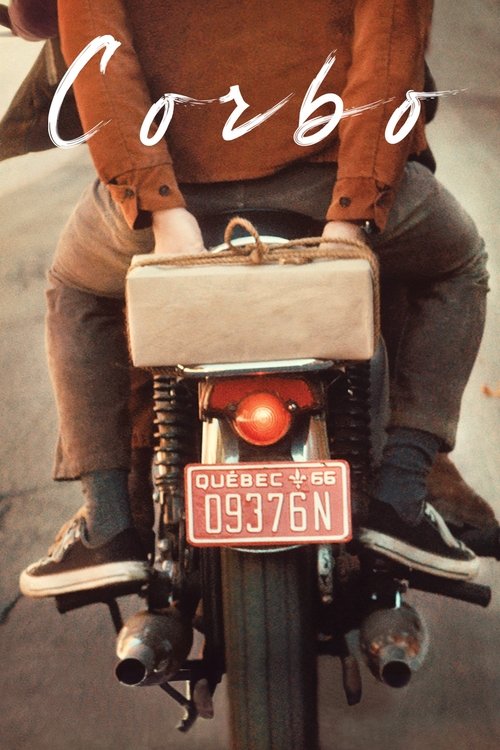
Montreal, spring 1966. Jean Corbo, 16 years old, born to a Quebec mother and an Italian father, is torn between his two affiliations. After befriending two young far-left activists, he joined the Front de Libération du Québec, an underground radical group. Jean, from then on, marches inexorably towards his destiny.
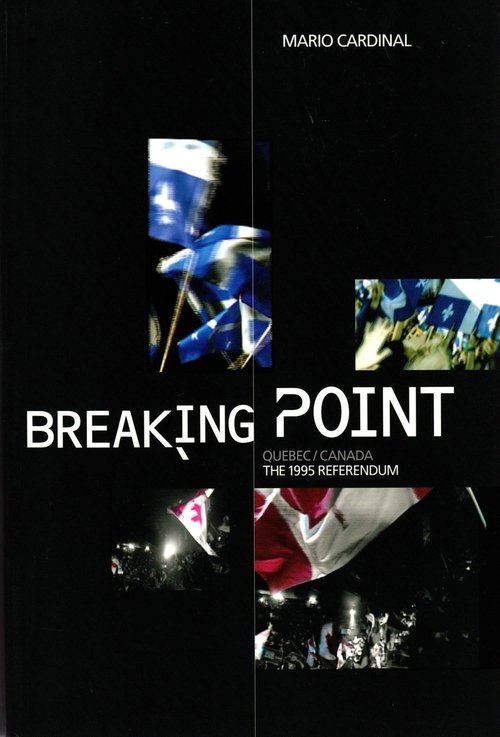
BREAKING POINT brings viewers back to those tense, critical moments when Canada's future as a country was at stake.
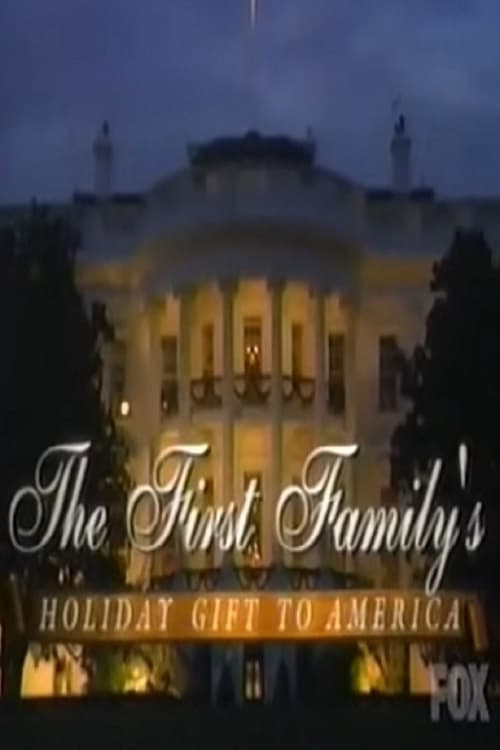
President Bill Clinton and First Lady Hillary Rodham Clinton discuss life in the White House as they lead a tour of the residence. Also: the arrival of the Blue Room Christmas tree, and a Presidential message of thanks.
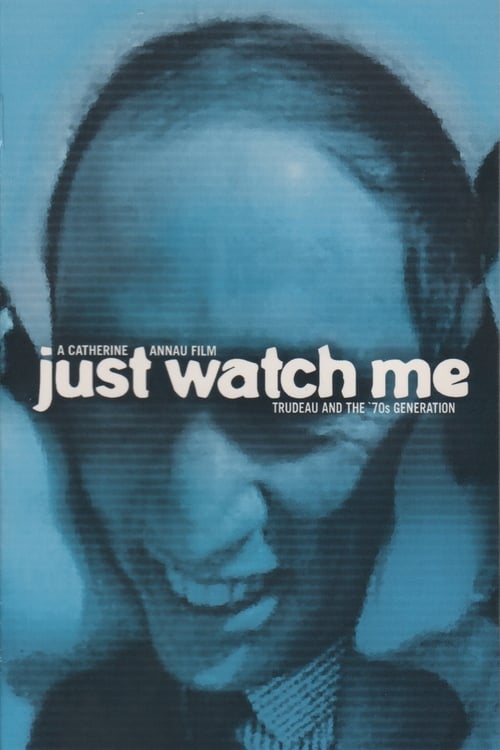
Canadian director Catherine Annau's debut work is a documentary about the legacy of Pierre Trudeau, the long-running Prime Minister of Canada, who governed during the 1970s. The film focuses particularly on Trudeau's goal of creating a thoroughly bilingual nation. Annau interviews eight people in their mid-30s on both sides of the linguistic divide. One tells of her life growing up in a community of hard-core Quebec separatists, while another, a yuppie from Toronto, recalls believing as a child that people in Montreal got drunk and had sex all day long. Annau has all of the interviewees discuss how Trudeau's policies affected their lives and their perceptions of the other side, in this issue that strikes to the heart of Canada's national identity.
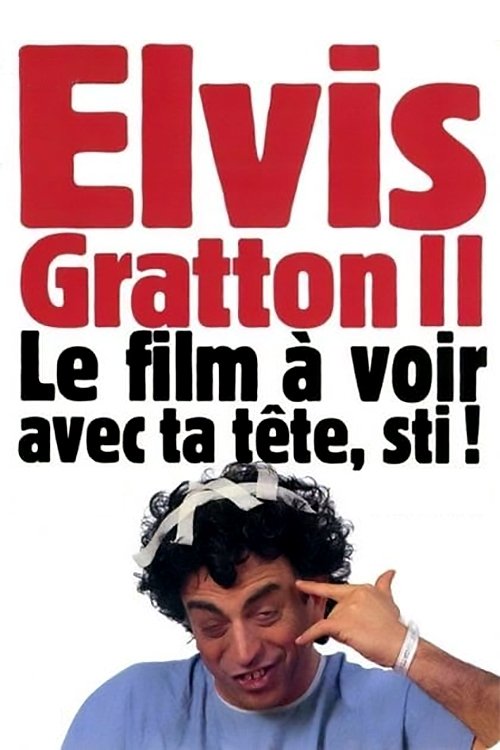
Elvis Gratton, dead for three days, comes back to life.

October, 1995. The most important political event in recent Canadian history, the Quebec vote on sovereignty, is about to unfold. During the tense days leading up to the referendum for independence, 23 filmmakers from the NFB's English and French documentary studios take their cameras into the streets and homes of Quebeckers. Culled from 250 hours of footage, Referendum is an emotional portrait of a profoundly divided society. In a collage of powerful moments, the video recaptures the emotions of that time and measures them against today's political agenda. Implicit is the question: What next?
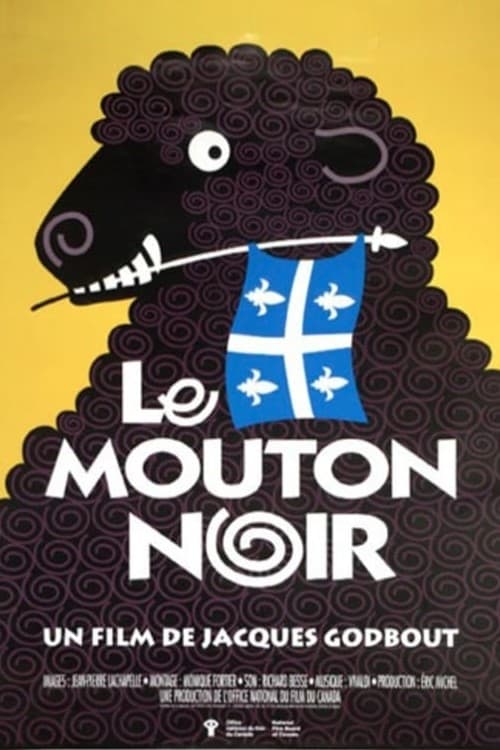
From coast to coast, from St. John's, Newfoundland to Vancouver, British Columbia, Jacques Godbout films a documentary chronicle of the political turnaround that was to follow the Meech Lake Accord. Following the Meech referendum, Quebec and Canada found themselves at an impasse after a long and ultimately fruitless negotiation, various social and political actors spoke out. Their comments, linked to film clips on the lives of important Canadian politicians (Sir Georges-Étienne Cartier, John A. Macdonald, Louis-Joseph Papineau...), draw parallels between the speeches of yesterday and those of the post-Meech era.
Subscribe for exclusive insights on movies, TV shows, and games! Get top picks, fascinating facts, in-depth analysis, and more delivered straight to your inbox.